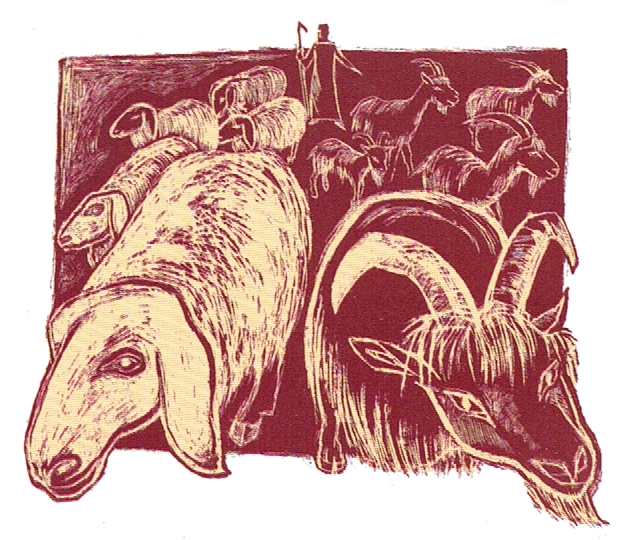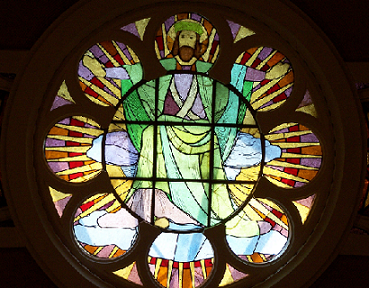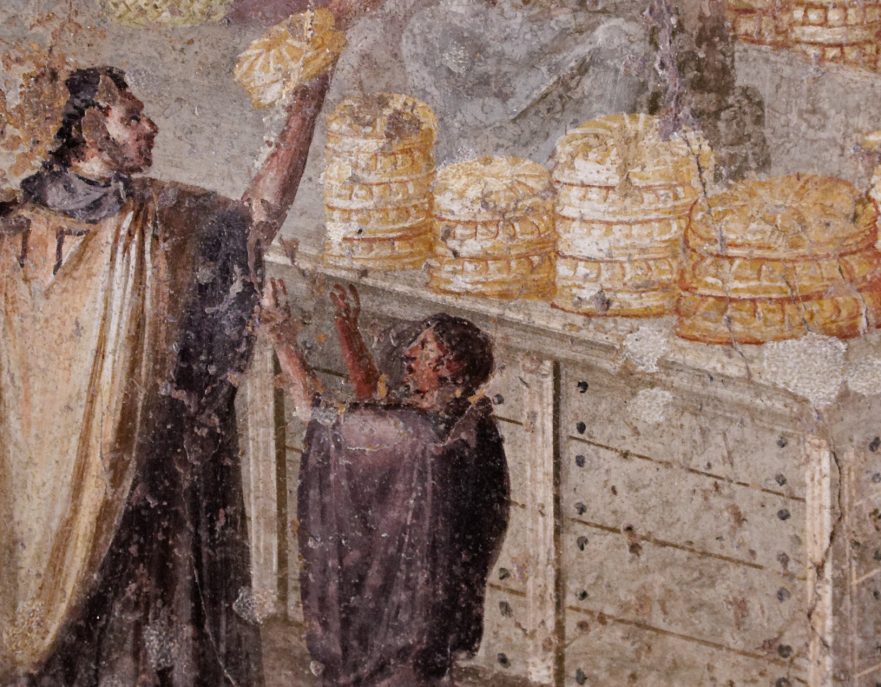That Luke (or his source) intentionally brought the Nazareth incident near to the baptism is suggested by the fact that Mark’s parallel (essentially a stripped-down version) doesn’t appear until Mark 6:1-6, as well as by the apparent anachronism of Jesus’ mention of Capernaum in Luke 4:23: “what we have heard you did at Capernaum, do here also in your own country.” … (Luke 4:18-19; RSV)
Few scholars are aware of the fact that this passage was apparently associated, in the minds of apocalyptically minded Jews, with the endtime appearance of Elijah.


















